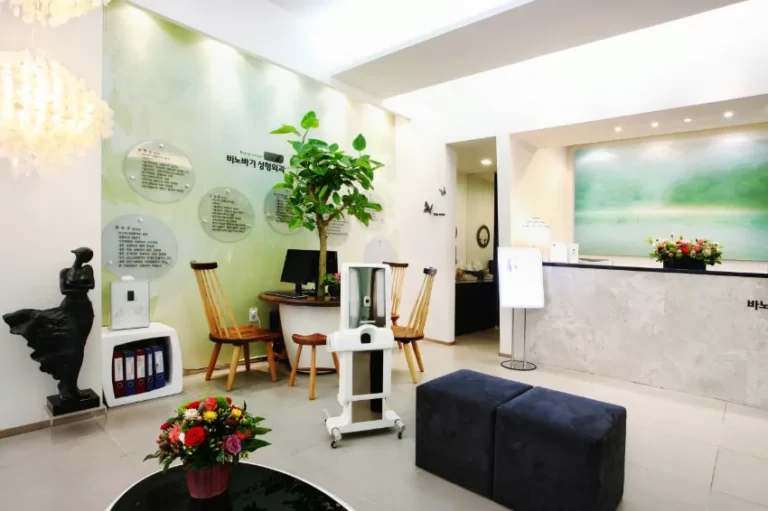One of the biggest concerns for medical tourists is language. Whether you’re seeking a vaginal rejuvenation procedure, hormonal therapy, or any medical treatment abroad, clear communication is essential for safety, comfort, and informed decision-making. Fortunately, many international clinics that cater to medical tourists are well-equipped to bridge the language gap.
Here’s how to navigate language barriers, make the most of translator services, and ensure your medical trip abroad is smooth and stress-free.
🌍 Why Language Matters in Medical Tourism
Medical treatments involve sensitive information, potential risks, and post-care instructions that must be clearly understood. A language miscommunication during consultation, treatment, or aftercare could lead to confusion—or worse, compromise your safety.
Effective communication ensures that:
- You understand the procedure, benefits, and risks
- You can share your full medical history accurately
- You receive correct medication instructions
- You can ask questions and feel emotionally supported
Many clinics provide:
- English-speaking doctors and nurses
- Bilingual administrative staff
- On-site medical translators
- Multilingual signage and paperwork
- Translated consent forms and aftercare instructions
👩⚕️ What If the Medical Staff Doesn’t Speak My Language?
If your destination’s primary language isn’t one you speak, you still have safe and effective options:
1. Certified Medical Interpreters
- Offered by many international hospitals and clinics
- Help you during consultations, procedures, and recovery discussions
- Trained in medical terminology and confidentiality
✅ Pro Tip: Ask if the clinic has certified in-person or remote interpreters available before booking.
2. Translation Apps and Tools
While useful for basics, apps like Google Translate aren’t ideal for complex medical terms or privacy-sensitive discussions. Use them as a backup, not your primary method of communication.
3. Third-Party Medical Translation Services
If your clinic doesn’t provide an interpreter, you can hire a local translator familiar with medical tourism. Look for services that:
- Offer real-time interpreting by phone or video
- Can translate documents like lab reports or prescriptions
🧾 Essential Documents to Translate Before Your Trip
To ensure a smooth experience, bring translated versions of:
- Your medical history
- Any current prescriptions
- Allergy information
- Past surgical or gynecological records
- Insurance or payment-related forms, if needed
📂 Bring digital and printed copies, and keep them easily accessible.
🗣️ How to Ask the Right Questions — Even With a Language Barrier
Here are key phrases or questions you may want help translating or learning in advance:
| English Phrase | Why It’s Important |
|---|---|
| “Do you speak English?” | Opens the conversation clearly |
| “Are there any risks or side effects?” | Ensures informed consent |
| “Can you explain the recovery process?” | Helps plan your trip |
| “I have an allergy to…” | Vital for safety |
| “How do I take this medication?” | Prevents misuse or confusion |
✍️ Consider writing these down or having them ready on a translation app.
🛫 Planning Tips for Non-Native Speakers
- Request interpreter services early. Ask during your initial email or virtual consultation.
- Write a personal medical summary in both your language and the clinic’s local language.
- Practice key phrases or use flashcards if you plan to engage in basic conversations.
- Have a support person travel with you if you’re anxious about communication.
- Ask for digital copies of all documents translated into your language after treatment.
🧭 What to Do in an Emergency
Make sure you know how to:
- Call for help or contact your clinic
- Explain your symptoms quickly using simple words
- Access emergency services in the country’s local language
🆘 Ask the clinic to give you a printed emergency card with key phrases and numbers in both languages.
✅ Final Thoughts: Language Shouldn’t Be a Barrier to Quality Care
Medical tourism is increasingly multilingual. Reputable clinics recognize the importance of clear, compassionate communication and offer professional translation services to support international patients. With the right preparation and tools, language differences can be managed with ease, allowing you to focus on healing and enjoying your journey.




